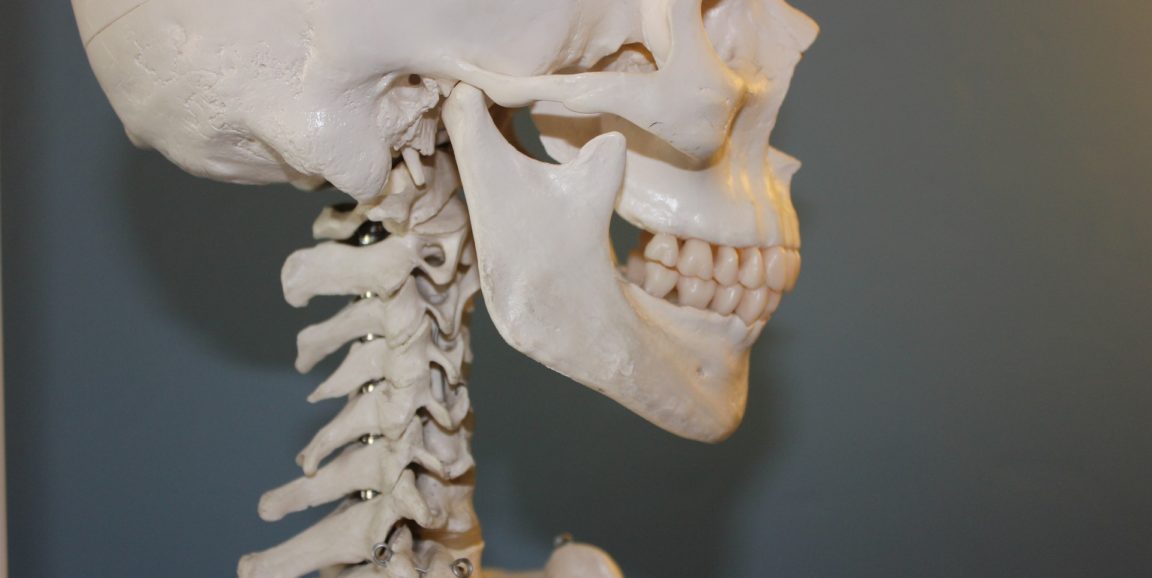Paul Ehrlich, PhD, a Stanford University ecologist known for dire warnings about overpopulation, global climate change and biodiversity loss, has co-authored a new book about a very different topic: the modern jaw.
This book, called Jaws: The Story of a Hidden Epidemic, makes the argument that many health problems, including heart disease, hyperactivity and sleep deprivation, may be caused by undersized jaws. It further suggests that this problem has environmental origins within our control.
“We know a smaller jaw makes you more susceptible to sleep apnea and so it relates to an area Robert Sapolsky [PhD] has pioneered: the importance of stress,” said Ehrlich in a Stanford News Q&A on this topic. “We now know clearly that having your sleep interrupted is a big stressor and can lead to greater susceptibility to infections and diseases.”
The kinds of factors that may affect jaw size, according to Ehrlich and his co-author, orthodontist Sandra Kahn, DDS, are closely associated with modern life. They propose that poor posture, lack of hard foods, and increased exposure to allergens due to living indoors lead to smaller jaws through improper oral posture, weak jaw muscles and mouth breathing.
“Richard Klein, [PhD] Stanford paleontologist and the world's expert on human fossil record, said to me, ‘I've never seen a hunter-gatherer skull with crooked teeth,’” said Ehrlich. “There hasn't been time for this to be a genetic problem. You can get crowded jaws within a generation. So, it's primarily a response to environmental changes accompanying a sedentary life and industrialization.”
Throughout the book, the authors are straightforward about the fact that this work relies heavily on case studies, anecdotal evidence and speculation. They say that the main reason for this is the unethical nature of research that would directly study the issue. Recognizing the limitations of their research, the authors encourage their readers to think hard about the evidence they have presented.
Preventative measures that Ehrlich recommends are all aimed at young children because their jaws are still developing. His top recommendation is for parents to look out for possible warning signs of a too-small jaw in their children, such as mouth breathing, snoring, “gummy” smiles, trouble sleeping and morning tiredness, and to seek out professional help as soon as possible. He also emphasizes the potential influence of proper overall and oral posture – a lips closed, tongue on the palate, teeth lightly touching – hard foods in the diet, gum chewing, and breathing exercises that can improve nose breathing.
Unlike many of the other topics he’s studied, this is a relatively simple problem that people can solve on an individual level, said Ehrlich.
“Many people’s lives could be improved if it were dealt with,” he said. “It’s also a public health problem where some of the power to avoid it rests in your own hands.”
Photo by IAOM-US




